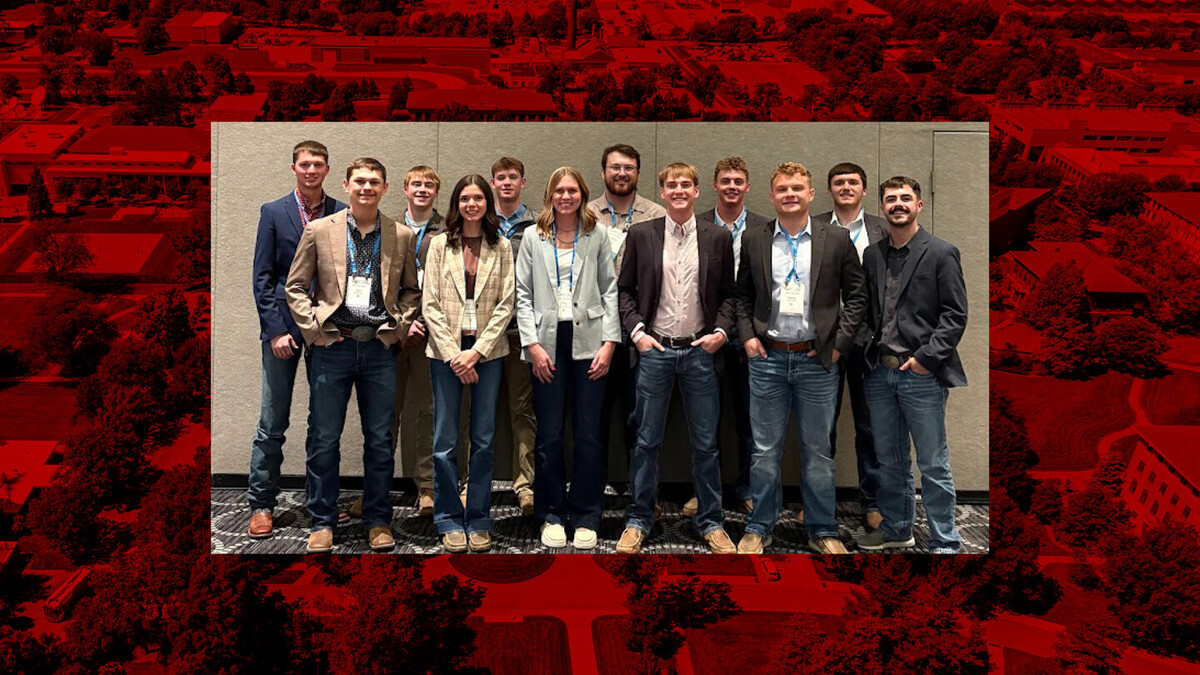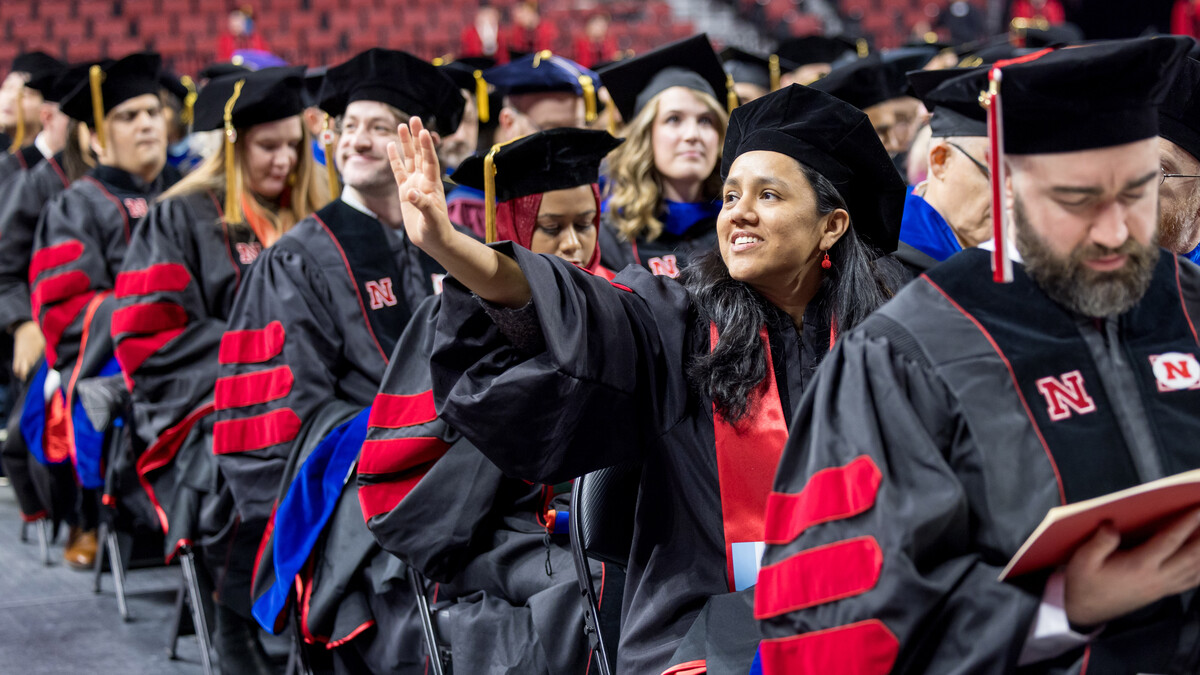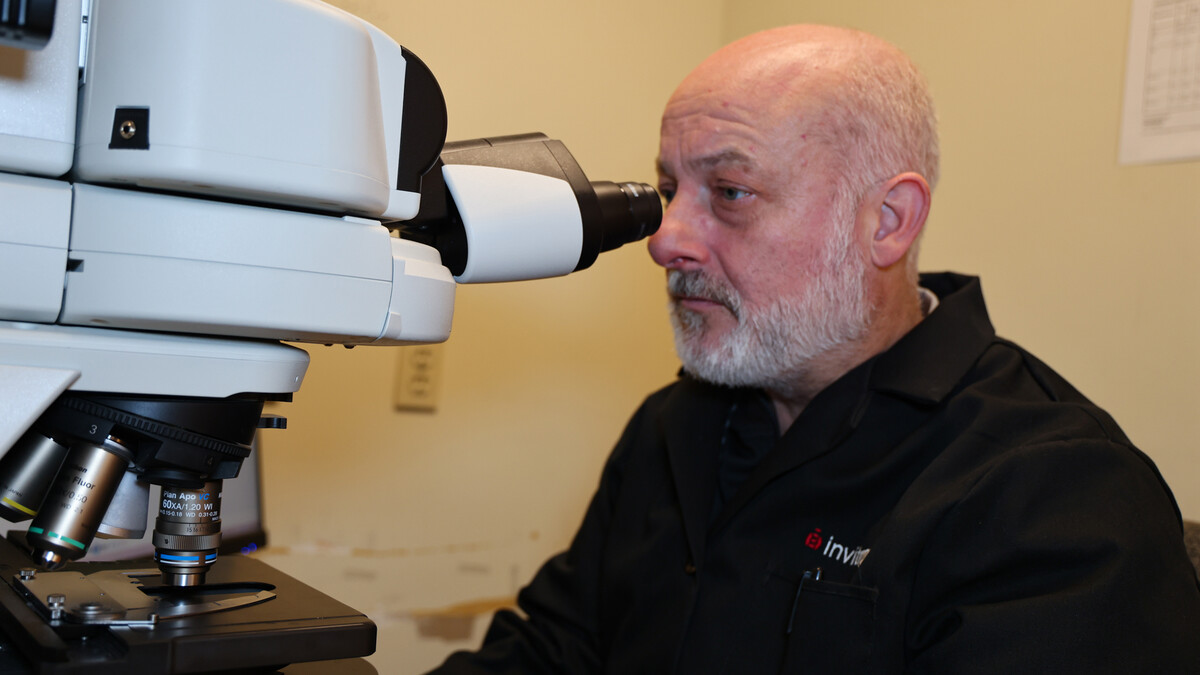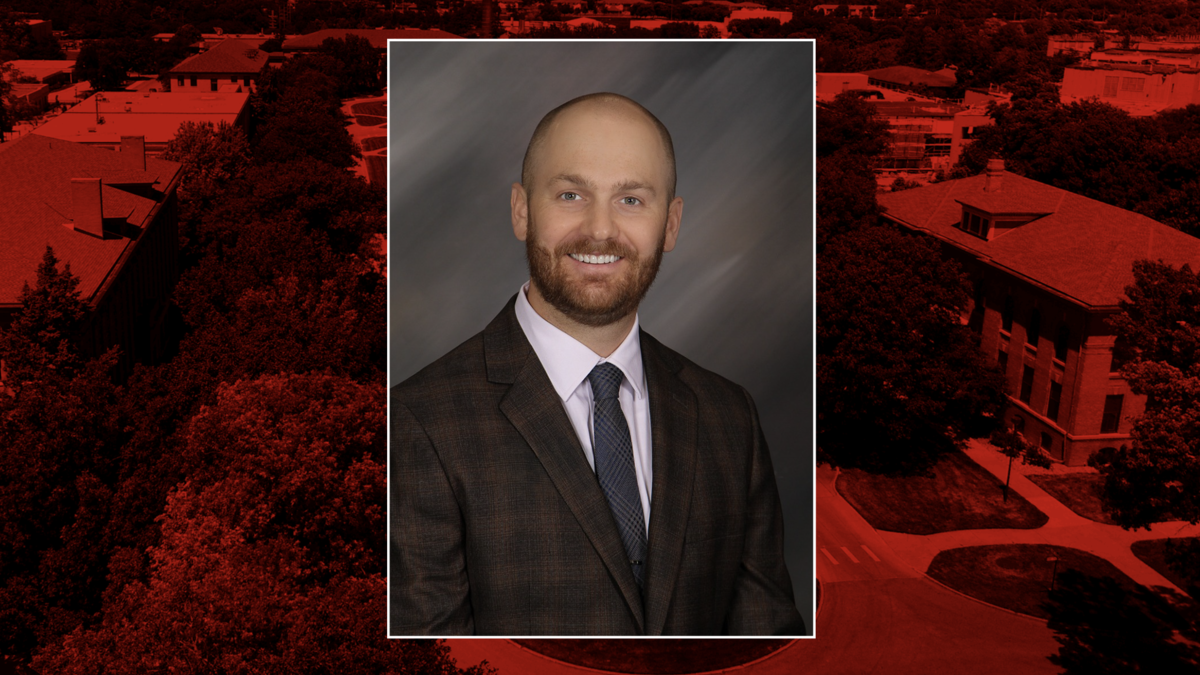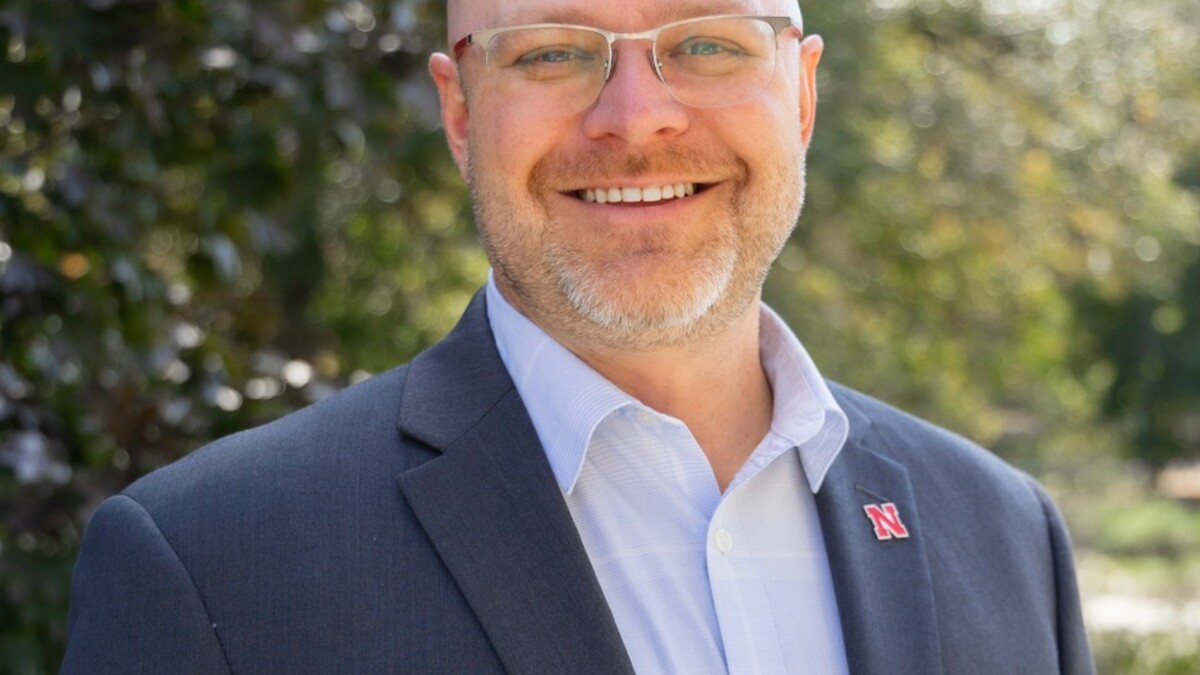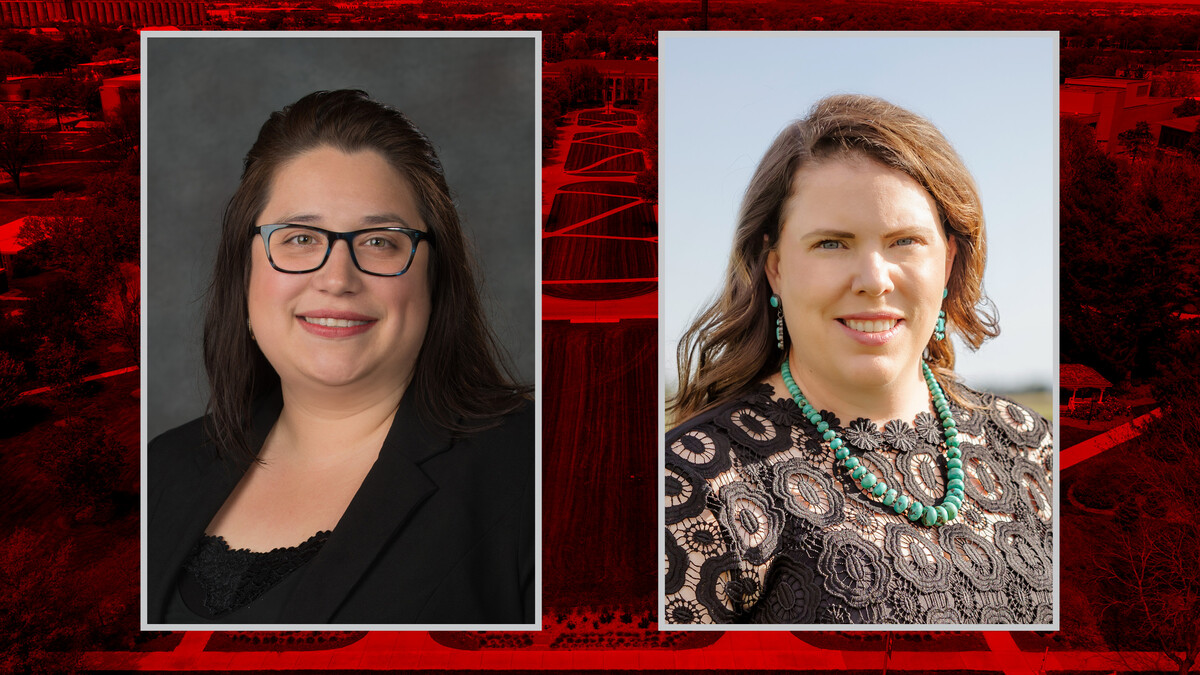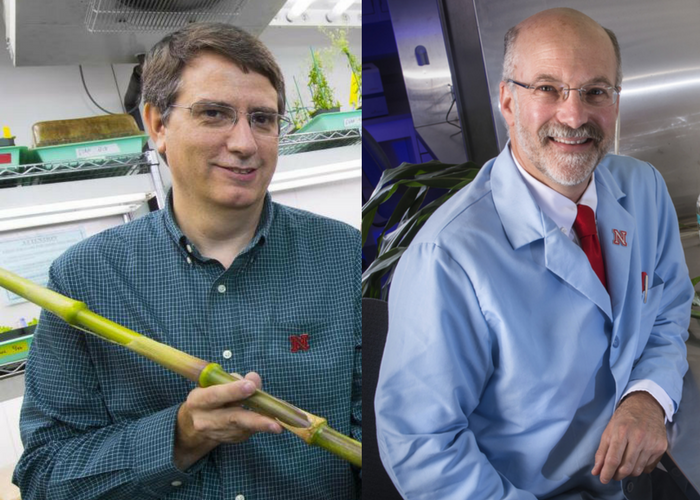
March 31, 2017
Lincoln, Neb. — University of Nebraska–Lincoln Faculty Ed Cahoon and Daniel Schachtman have been named fellows of the American Society of Plant Biologists (ASPB).
Established in 2007, the award is granted in recognition of distinguished and long-term contributions to plant biology and service to the ASPB by current members in areas that include research, education, mentoring, outreach, and professional and public service. Current ASPB members who have contributed to the society for at least 10 years are eligible for nomination.
Cahoon, George Holmes Professor of Biochemistry and director of the Center for Plant Science Innovation, focuses his research on plant lipid metabolism. His efforts are to enhance the nutritional and industrial value of crop plants and to probe the synthesis and function of bioactive lipids for nutritional biofortification and improved agronomic performance of crops. Cahoon currently serves on the ASPB Council and Membership Committee and is a past chair of the ASPB Midwestern section. He also previously served as a monitoring editor for the ASPB journal Plant Physiology.
“During my 29 years of ASPB membership, I have seen the society evolve from one that was strongly focused on plant physiology and other basic research to one now more focused on molecular genetics using tools that allow us to have direct impact for agriculture. Nevertheless, the society has always maintained its strong roots in basic plant biology,” Cahoon said. “ASPB has been a key part of my professional development and career progression. I am very fortunate to be a member of this great society.”
Schachtman is a professor of agronomy and horticulture and director of the Center for Biotechnology. His current research focus is on the interaction between plant roots and soil microbes. The long-term goal is to provide new previously undiscovered microbes that will improve crop yields and enhance sustainability by allowing farmers to use less water or fertilizer while maintaining high yields.
“Being inducted into ASPB is a great honor. I’ve been involved with the society since I was a graduate student and it’s played a formative role in my career as a scientist,” Schachtman said.
The honor of ASPB fellow is granted to no more than .2 percent of the current membership each year. Cahoon and Schachtman will receive a certificate of distinction and a lapel pin at the annual plant biology meeting at Plant Biology 2017, which will be held June 24 in Honolulu, Hawaii.
The ASPB is a professional society devoted to the advancement of the plant sciences. ASPB plays a key role in uniting the international plant science disciplines.
Haley Steinkuhler
IANR Media
402-472-4398
hsteinkuhler2@unl.edu

